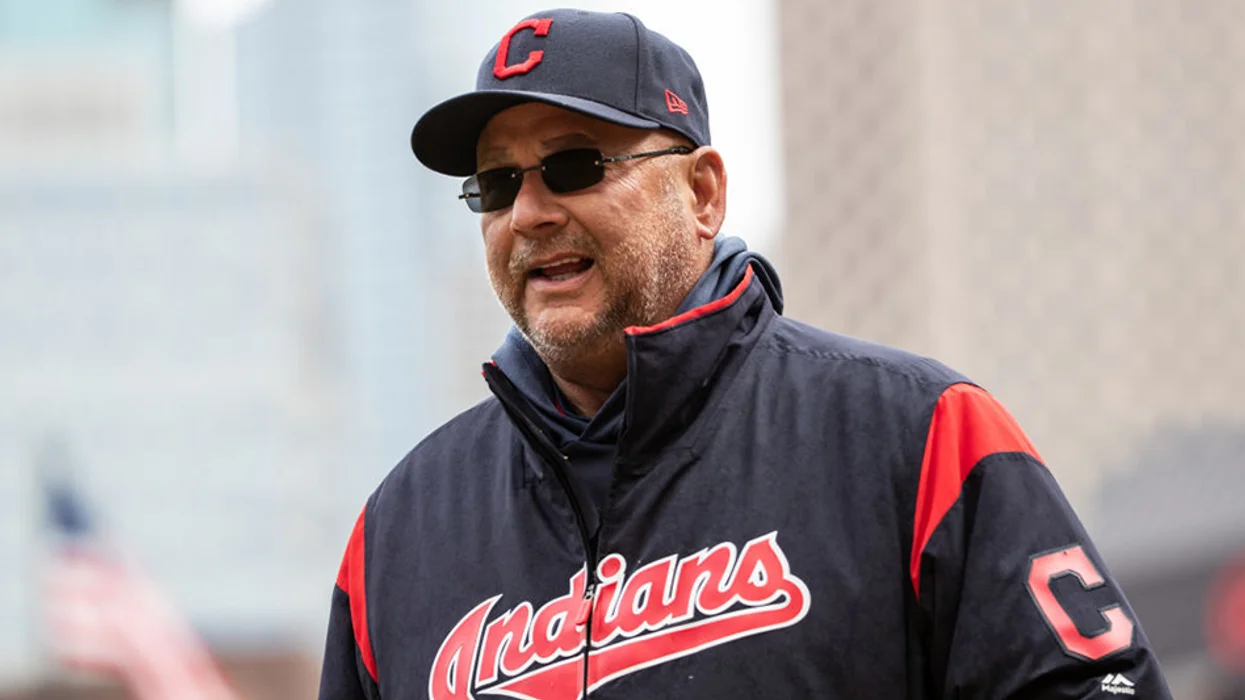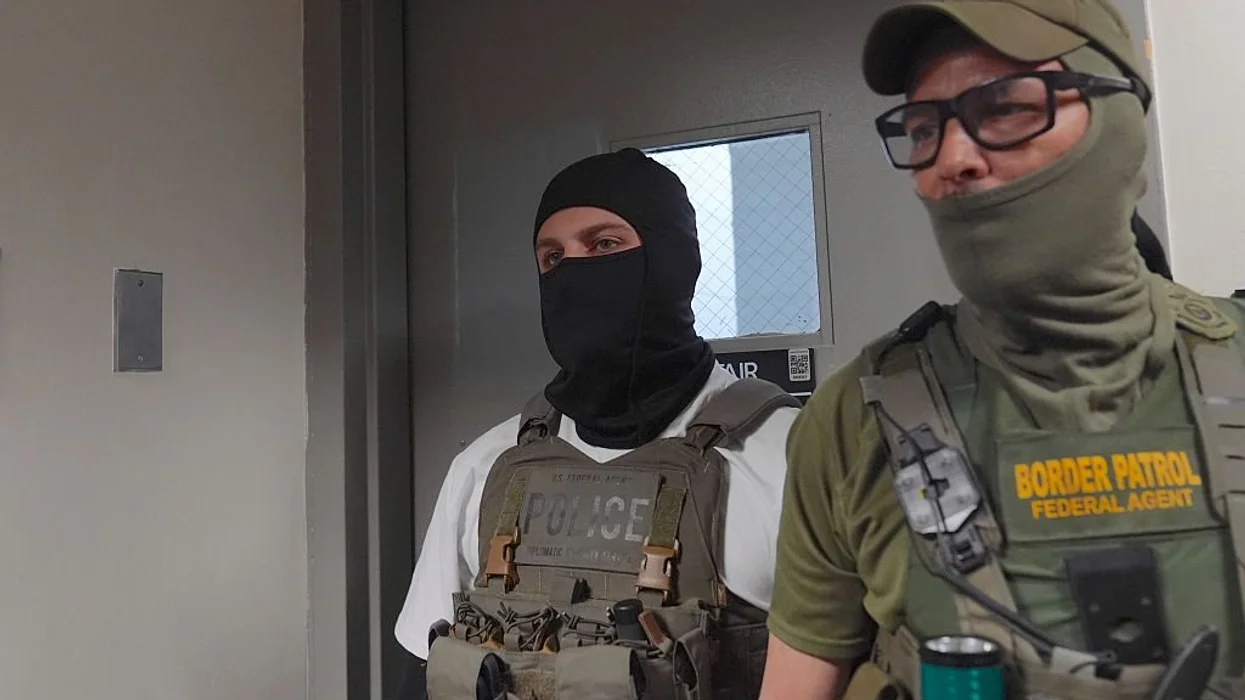
© 2025 Blaze Media LLC. All rights reserved.
Man in Vegetative Coma 'Tells' Researchers Through Brain Scans He's Not in Pain
November 14, 2012
“It became very clear that Scott had some awareness ..."
Whether a patient is in pain is an important question for physicians. But for patients in a coma, it's a question that is not likely to be answered.
Now, a Canadian man in a vegetative coma who hasn't spoken for 12 years after a car accident "told" researchers he is not in pain.
BBC News reported Scott Routley's parents saying they thought they'd seen their son attempt communication with his thumb or eyes before, but these sentiments were dismissed by medical staff. Although unclear if these were signs of the 39-year-old trying to communicate, scientists know now that Routley, even though he is still considered in a vegetative state, is aware of his surroundings.
 Scott Roultey with his mother. (Image: YouTube screenshot)
Scott Roultey with his mother. (Image: YouTube screenshot)
British neuroscientist Adrian Owen, who leads the research team at the University of Western Ontario’s Brain and Mind Institute, told the Toronto Star their research with Roultey marks the first time such a patient has been able to answer a question "actually relevant to their clinical care."
“It became very clear that Scott had some awareness and he could respond in the scanner to the task we asked him to do while he was in there,” Owen said.
The researchers asked Routley to move his arms. Of course he couldn't, but based on his brain scan while in an MRI, they saw he was imagining himself doing so.
According to the Star, Owen said that although MRI's are expensive a portable EEG machine could be a cheaper alternative to produce a similar monitoring effect.
Owen described the activity he saw in Routley's brain as a blob that grew when the patient was told to imagine something and faded when he was told to stop.
Routley was featured in a BBC Panorama program, which followed coma patients in the U.K. and Canada for a year. Watch this BBC clip regarding Routley's case:
BBC also reported that Canadian patient Steven Graham showed through brain scans that he had new formed memories since his accident. The team asked him if his sister had a daughter, who was born after his accident, and he indicated "yes."
This new research regarding the conscious state of some patients could raise ethical questions regarding end of life care.
ABC News reported John Connolly, a neuroscientist at McMaster University in Ontario, saying this type of research that leads to patient interaction is a "very big deal" as some patients are denied certain treatment based on conscious state. He said judging patients solely on observed behavior, if they have trouble communicating, needs to end.
(H/T: io9)
Want to leave a tip?
We answer to you. Help keep our content free of advertisers and big tech censorship by leaving a tip today.
Want to join the conversation?
Already a subscriber?
more stories
Sign up for the Blaze newsletter
By signing up, you agree to our Privacy Policy and Terms of Use, and agree to receive content that may sometimes include advertisements. You may opt out at any time.
Related Content
© 2025 Blaze Media LLC. All rights reserved.
Get the stories that matter most delivered directly to your inbox.
By signing up, you agree to our Privacy Policy and Terms of Use, and agree to receive content that may sometimes include advertisements. You may opt out at any time.





